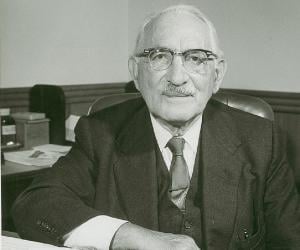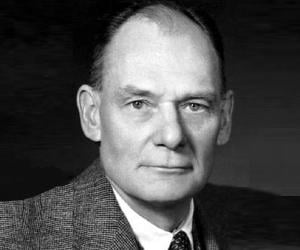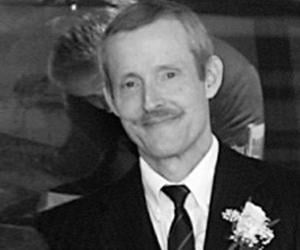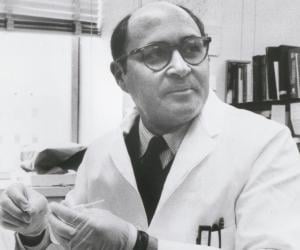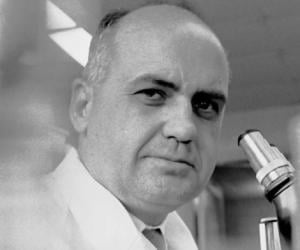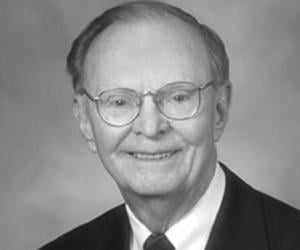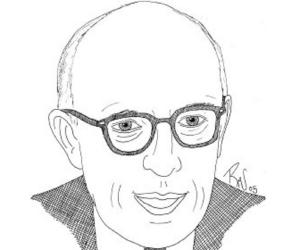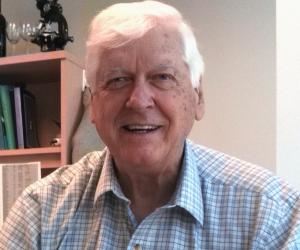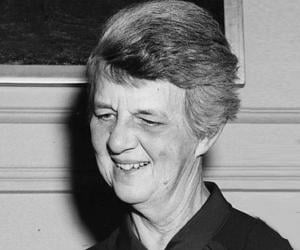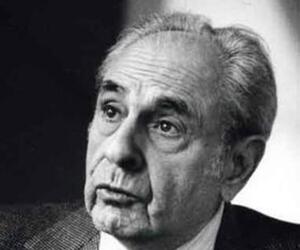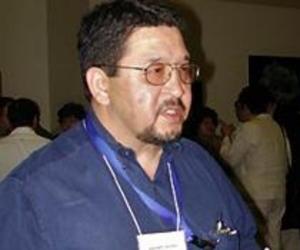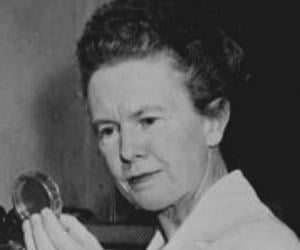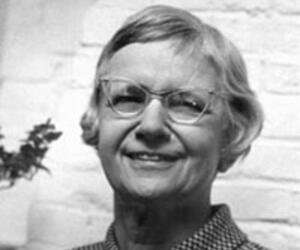1
Selman Waksman
(Biochemist and Microbiologist Who Discovered ‘Streptomycin’ and Several Other Antibiotics)
Birthdate: July 22, 1888
Sun Sign: Cancer
Birthplace: Nova Pryluka, Ukraine
Died: August 16, 1973
Selman Waksman was a pioneering biochemist and microbiologist known for his groundbreaking research on soil organisms leading to the discovery of streptomycin and other antibiotics. He served as a professor at Rutgers University for over four decades, where he introduced modern antibiotic naming conventions and developed procedures that facilitated the creation of numerous antibiotics. The licensing of his patents funded the establishment of the Waksman Institute of Microbiology. Waksman's work earned him the Nobel Prize in Physiology or Medicine in 1952.
